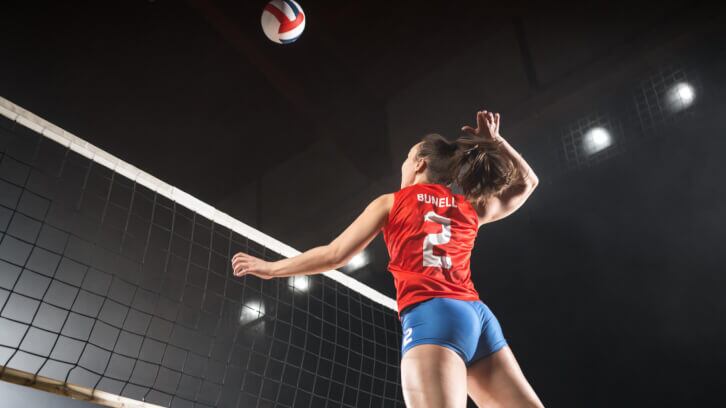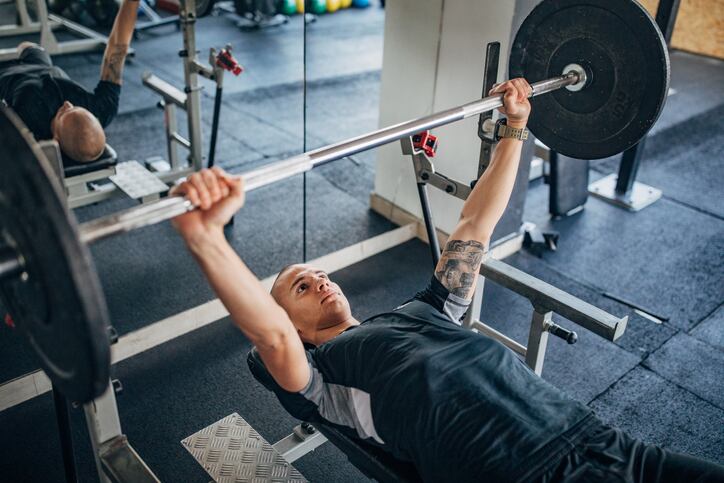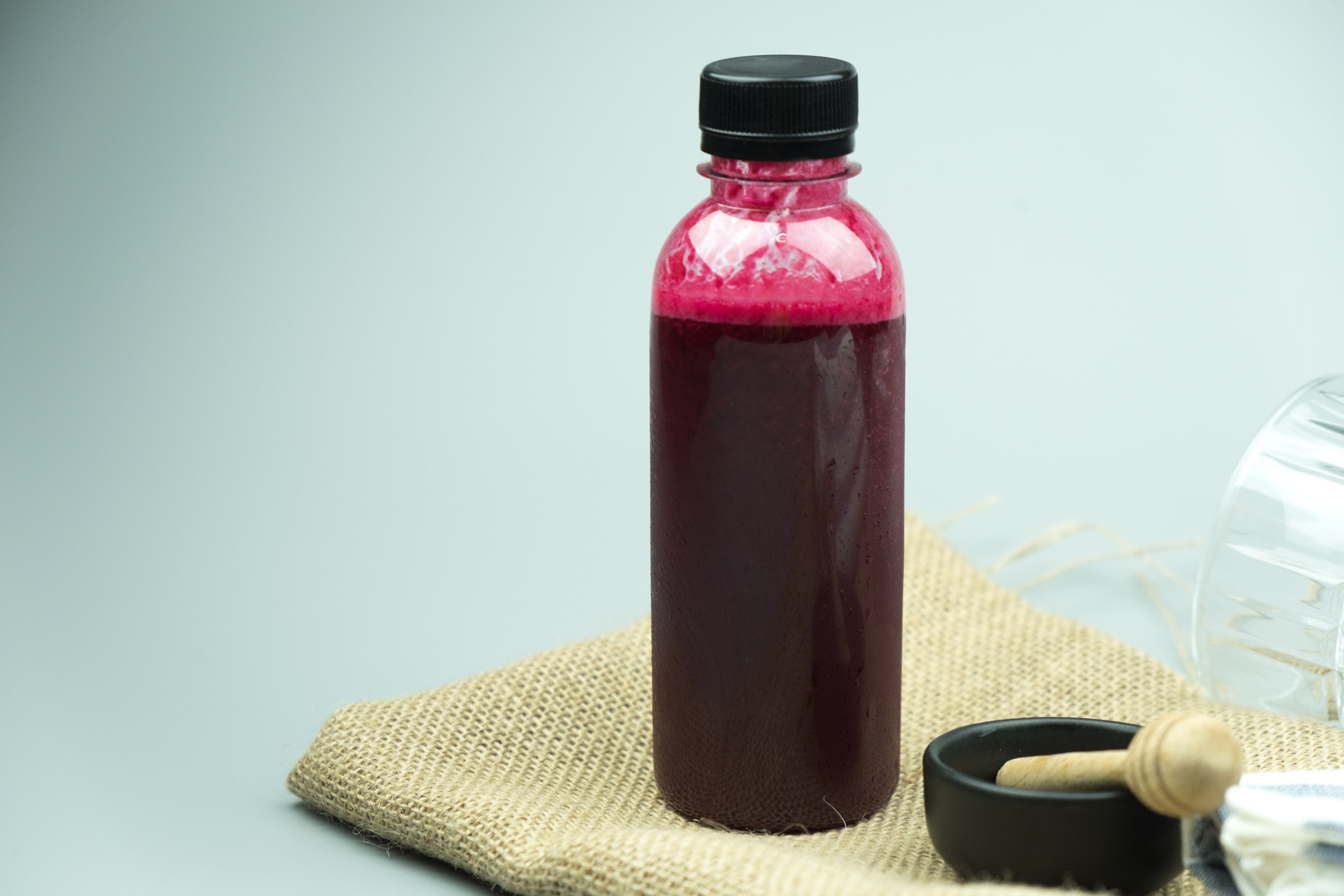“This study was conducted to determine the effect of beetroot juice (BRJ) supplementation after exercise-induced muscle damage (EIMD) on the recovery of functional parameters (endurance and flexibility of leg muscles and vertical jump performance) and muscle soreness symptoms (pressure pain threshold, thigh swelling, perceived muscle soreness),” the study authors wrote.
The research, published in the journal Nutrients, was led by scientists from Shiraz University in Iran in collaboration with colleagues from the University of Isfahan, the University of Florida College of Medicine, Marymount University and Waseda University.
Women underrepresented in BRJ research
A large body of research supports the sports performance-boosting potential of beetroot juice and largely attributes benefits to its high nitrate content, which increases endogenous production of nitric oxide (NO), an essential molecule that confers ergogenic and cardioprotective effects. The juice has also been studied for its analgesic properties.
“Beetroot juice (BRJ) contains various bioactive compounds suggested to be effective in improving athlete recovery,” the study authors wrote. “However, the number of studies evaluating the effects of BRJ on recovery and muscle soreness (MS) indicators in female athletes is limited.”
They highlighted a 2019 review by Wickham and Spriet that summarized the potential sex-based differences in the effects of nitrate supplementation on performance and “showed that, despite significant anthropometric, metabolic and physiological differences between the sexes, it is abundantly clear that women are underrepresented in BRJ supplementation research”.
With the few known female-centric studies reporting outcomes of BRJ supplementation in cyclists, swimmers and kayakers, the current study focused on recovery and pain parameters related to the movement and biomechanics of volleyball players.
Study details
The randomized, crossover, double-blind study recruited 14 semi-professional, university-age female volleyball players and administered either a beetroot juice supplement (prepared from red beet from Zarghan Lepoi Farms in Shiraz) or a placebo in two phases separated by a 30-day washout period, accounting for the influence of hormonal variations during the menstrual cycle. Two women withdrew from the study due to digestive issues brought on by the beetroot juice.
During each phase, participants performed EIMD (200 vertical jumps with weighted vests) followed by BRJ or placebo supplementation for two days (eight servings of 50 mL). Functional tests were administered 48 hours after EIMD, and the perceived muscle soreness was recorded at 12, 24 and 48 hours after EIMD.
“Our findings indicate that the consumption of BRJ in female volleyball players can be useful for improving some recovery indicators, such as muscle endurance, perceived muscle soreness and tissue edema after EIMD,” the researchers concluded. They found no significant differences between test groups in pressure pain threshold, V sit and reach and vertical jump height.
The study called for further research on the timing, dosage and manipulation of BRJ compounds and their effects on the recovery of performance indicators and muscle soreness in female athletes.
Source: Nutrients
“Effect of Beetroot Juice Supplementation on Muscle Soreness and Performance Recovery after Exercise-Induced Muscle Damage in Female Volleyball Players”
doi: doi.org/10.3390/nu15173763
Authors: Mohammad Hemmatinafar et al.




